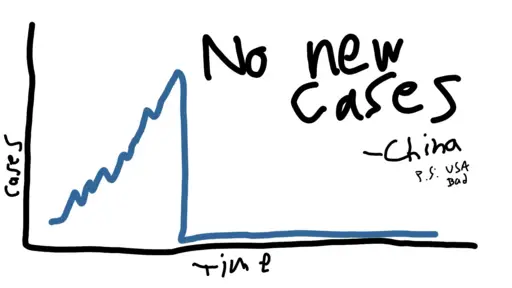Geopolitics is the study of the effects of geography on politics and international relations.
A multidisciplinary field that draws on geography, history, economics, and political science.
Geopolitics is concerned with the way that physical features of the Earth, such as its location, climate, and resources, can influence the power and interests of countries. For example, a country with a large coastline may have a strong navy, while a country with a lot of oil may have a lot of economic power.
Geopolitics also considers the way that human geography, such as the distribution of population and the location of cities, can affect politics. For example, a country with a large population may have a powerful military, while a country with a lot of cities may be more vulnerable to attack.
Geopolitics is a complex and ever-changing field. It is important for understanding the current state of the world and for predicting future trends. Some of the most important geopolitical issues today include the rise of China, the conflict in the Middle East, and the global war on terror.
- Geography – The physical features of a country or region, such as its location, size, climate, and natural resources, can all have a significant impact on its political development. For example, countries with access to warm-water ports are often more powerful than those that do not.
- Demography – The population size, distribution, and composition of a state can also affect its geopolitical standing. For example, countries with large and growing populations are often seen as more powerful than those with smaller and declining populations.
- Economics – The economic strength of a state is another important factor in geopolitics. Countries with strong economies are more likely to be able to project power and influence on the international stage.
- Culture – The culture of a state can also play a role in geopolitics. For example, countries with strong national identities are often more resistant to foreign influence.
- A dynamic field and the factors that influence it can change over time. However, it is a valuable tool for understanding the world around us and the forces that shape international relations.
Some examples of geopolitics in action:
- The United States’ decision to build a missile defense system in Europe was influenced by the geopolitical concerns of containing Russia.
- The North Atlantic Treaty Organization (NATO) was formed in the aftermath of World War II as a geopolitical alliance to counter the Soviet Union.
- The construction of the Panama Canal was a geopolitical project that gave the United States strategic control over trade routes in the Americas.
It is a complex and fascinating field that can help us understand the world around us. If you are interested in learning more about it, recommend checking out the following resources:
- The book “Geopolitics of the World System” by Saul Bernard Cohen
- The website of the Foreign Policy Research Institute
- The journal “Geopolitics”
Image credit
Drianliang, CC BY-SA 4.0, via Wikimedia Commons
